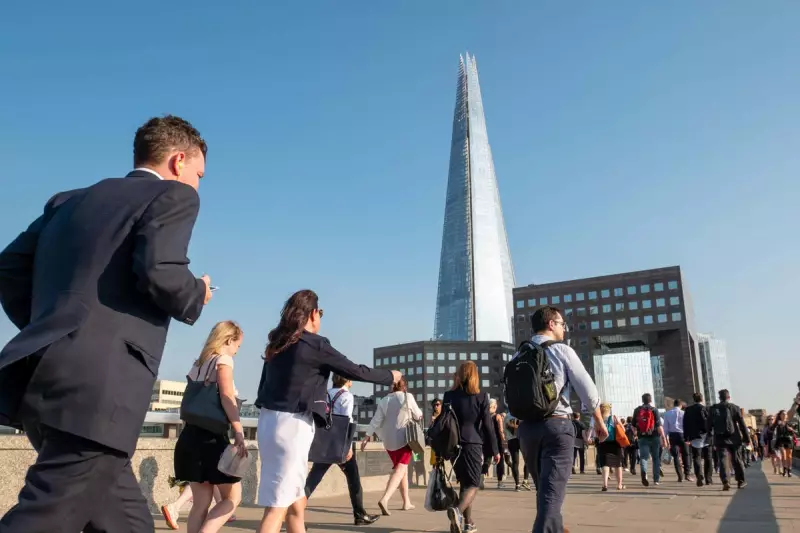
British workers are facing a renewed squeeze on their finances as new official figures reveal that wage growth is now slowing faster than inflation, effectively cutting the real-terms value of pay packets across the country.
The latest data from the Office for National Statistics (ONS) shows that growth in regular pay, which excludes bonuses, fell to 6.1% in the September to November period. This is a noticeable drop from the 7.2% recorded in the previous three-month period and, crucially, it now lags behind the Consumer Prices Index (CPI) inflation rate of 6.7%.
A Sharp Reality Check for Household Budgets
This reversal marks a significant moment in the UK's economic recovery. For the first time since late 2021, pay is not keeping up with the rising cost of living. This means that despite nominal wage increases, the average worker's spending power has actually diminished.
"The reality is that with inflation remaining stubbornly high, pay is now failing to keep up with prices," said ONS Director of Economic Statistics, Darren Morgan. The data paints a clear picture of a escalating cost-of-living crisis, putting immense pressure on household budgets.
Unemployment Holds Steady as Economic Fears Loom
In a contrasting trend, the UK's unemployment rate remained largely unchanged at 4.2%, suggesting a still-resilient labour market. However, economists are watching closely for signs of weakening demand.
The number of job vacancies continued its downward trajectory for the 18th consecutive period, falling by 49,000 to 949,000. This indicates that while people are in work, the frenzy of hiring seen post-pandemic is cooling substantially.
The Bank of England's Interest Rate Dilemma
This mixed bag of data presents a complex challenge for the Bank of England. While slowing wage growth might ease their concerns about a potential wage-price spiral—a key driver of inflation—the underlying strength in the jobs market adds uncertainty.
The Bank's Monetary Policy Committee will scrutinise this data carefully as it prepares for its next decision on interest rates. The goal remains to bring inflation back down to its 2% target without triggering a severe recession.
For now, the figures confirm what many already feel: the financial pressure on UK households is intensifying, with pay rises offering little respite from the highest prices seen in decades.





